
Community pharmacists are especially valuable amid lower interest and staff shortages.
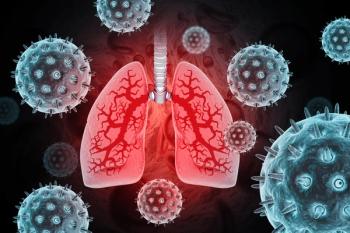
Infectious disease experts provide the latest updates in RSV, pneumococcal disease, whooping cough, and multidrug-resistant tuberculosis.

New research reveals how menopausal hormone therapy impacts cognitive health in postmenopausal women, highlighting the importance of administration routes and estrogen types.
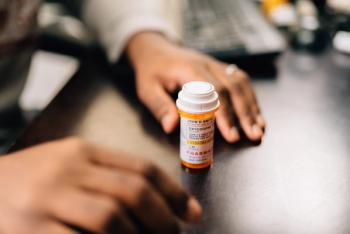
Overdoses remain alarmingly high despite new tools like OTC Naloxone, highlighting persistent barriers to care.

Experts outline innovative approaches to reduce inequities in diagnostic access and optimize patient outcomes.

James Chalmers, MBChB, PhD, discusses the ASPEN trial's findings on brensocatib's impact on lung structure and function in bronchiectasis patients.

A recent study reveals imlunestrant plus abemaciclib shows superior efficacy over fulvestrant plus abemaciclib in treating advanced ER+, HER2- breast cancer.
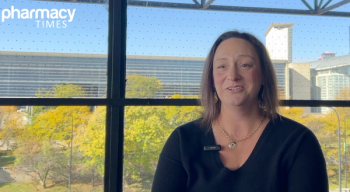
Megan Dulohery Scrodin, MD, discusses COPD management challenges and the need for accessible care and cost reduction.

As psychedelic medicines near approval, pharmacists will become essential guides in safety and education.

From embedded PrEP care to rapid outbreak response logistics, new models are showing how pharmacists can establish successful public health partnerships to enhance patient access and equity.

Elinzanetant was effective in women with low vasomotor symptom (VMS) burden and those with endocrine therapy-caused VMS.

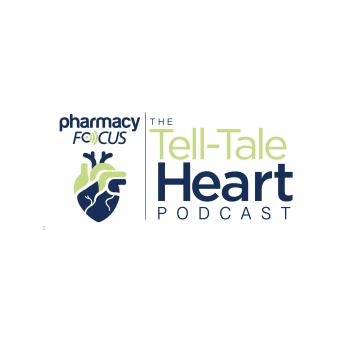
Prior to the 2025 American Heart Association (AHA) Scientific Sessions Meeting, Craig J. Beavers, PharmD, FACC, FAHA, FCCP, BCCP, BCPS (AQ-Cardiology), CACP, discusses two recent papers that are influencing practice within the cardiovascular space.

Compared with late postmenopausal women, menopausal hormone therapy (MHT) may influence certain Alzheimer disease-related biomarkers in early postmenopausal women.

Discover effective solutions for dry eyes, contact lens care, allergy relief, and conjunctivitis treatment in these insightful case studies.
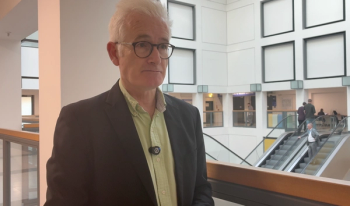
Subcutaneous amivantamab demonstrated robust activity in patients with recurrent or metastatic head and neck squamous cell carcinoma previously treated with checkpoint inhibitors and platinum chemotherapy.

The combination significantly improved event-free and overall survival compared with surgery alone, marking the first study to show an overall survival benefit in this patient population.
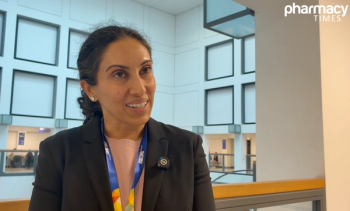
The phase 3 trial demonstrated significant improvements in overall and progression-free survival, reinforcing the combination as a standard-of-care option across MMR subgroups.

Sara Assaf, MD, shares insights on selecting biologic therapies for severe asthma, including biomarkers, patient factors, and managing nonresponders effectively.

The FDA's approval of GLP-1 for obstructive sleep apnea enhances treatment options, emphasizing pharmacists' vital role in patient care and management.

New findings reveal the Ki-67 index's crucial role in predicting breast cancer recurrence post-chemotherapy, while abemaciclib benefits all patient subgroups.

Increasing vaccine confidence demands that pharmacists move beyond simply sharing facts to utilizing effective communication strategies.
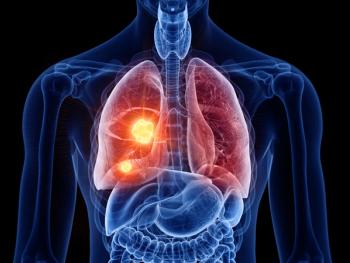
Olomorasib shows promising intracranial efficacy in treating KRAS G12C-mutant NSCLC with brain metastases, highlighting a potential shift in treatment strategies.

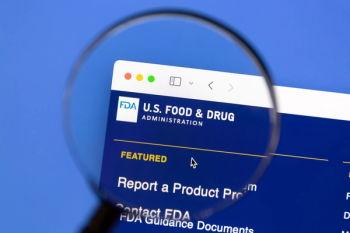
The FDA approves obinutuzumab (Gazyva; Genentech) for lupus nephritis, offering a new treatment option with improved renal outcomes for patients.

Samantha Picking, PharmD, outlines how Walgreens enhances immunization access through digital innovation, patient engagement, and ongoing pharmacist training.

Pharmacists play a vital role in managing respiratory virus season by providing vaccinations, counseling, and recommending effective treatments for patients.

Long-term findings from the REASSURE study confirm Radium-223’s acceptable hematologic safety profile and reinforce the importance of early use alongside bone-protecting agents to minimize fracture risk and optimize outcomes.

Balazs Halmos, MD, discusses how the COPERNICUS trial aims to build on previous amivantamab studies.
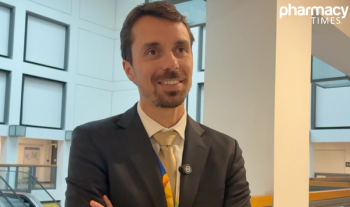
In the ARANOTE trial, darolutamide combined with ADT significantly delayed disease progression and maintained quality of life for patients with metastatic hormone-sensitive prostate cancer, supporting its use as a chemotherapy-free option.